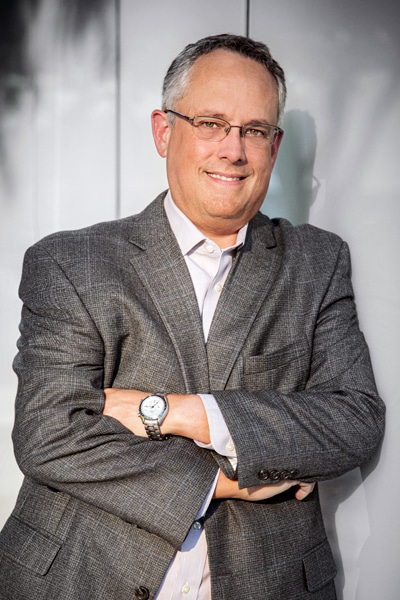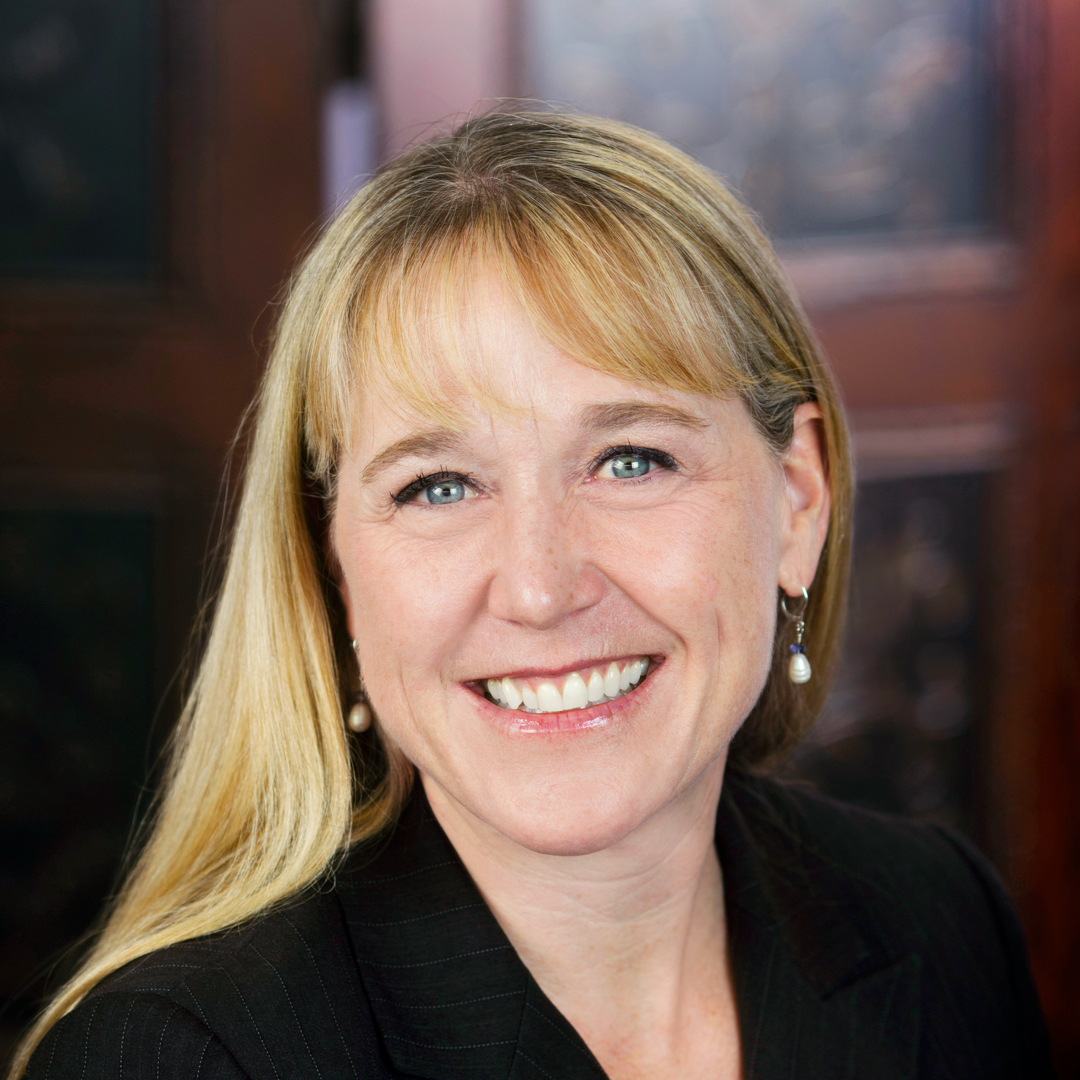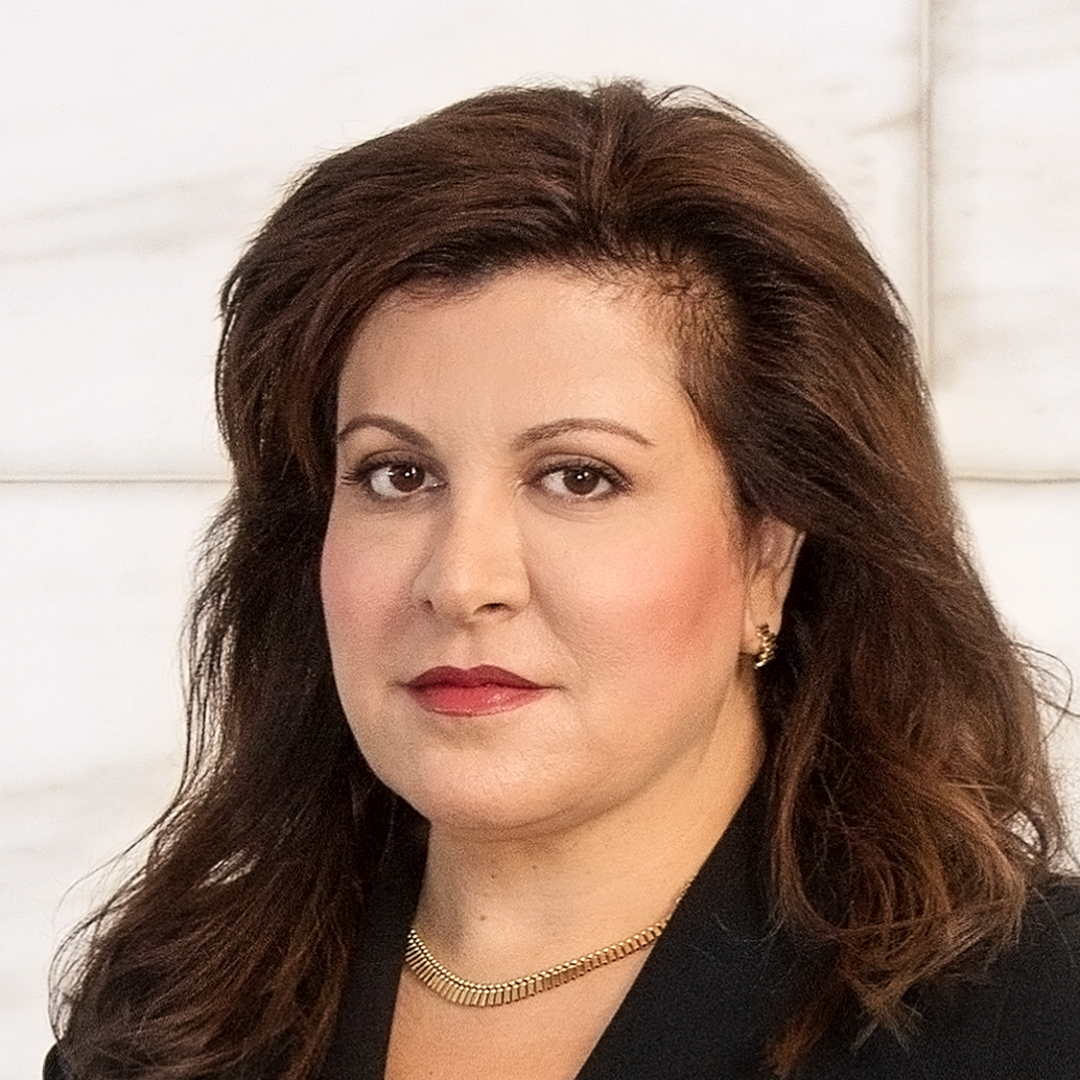With ninety wins and sixty-nine losses, Cubs manager Joe Maddon was giving most of his starters the day off. Still, on September 29, 2017, Wrigley Field was electric. The Cubs, fresh off their World Series championship season, were poised for another playoff run. Ian Happ’s three-run homer in the bottom of the eighth inning sealed the victory for the Northsiders. But perhaps the loudest cheer of the day came from a small group of lawyers seated behind the visitors’ dugout.
Associate General Counsel of Litigation, Regulatory, and Employment Scott Ewing of Trinity Industries was watching the Cincinnati Reds on offense. That’s when his cell phone vibrated with an alert from the Public Access to Court Electronic Records (PACER) service. An opinion had been issued.
With hands trembling, Ewing clicked the notice to read the news: “For the above reasons, we reverse and render judgment as a matter of law for Trinity.” The US Fifth Court of Appeals had just thrown out a $682.3 million judgement. The panel decision was unanimous. Ewing’s group cheered loud enough to distract Cubs first baseman Alex Avila.

Just two years prior, Ewing was enjoying life as an attorney at respected Dallas firm Haynes and Boone, where he represented AT&T and other large corporations. “It was clear during his early tenure at Haynes and Boone that Scott was a uniquely gifted lawyer,” Haynes and Boone Partner Ron Breaux recalls.
“In addition to being whip-smart and willing to outwork anyone, he has this uncanny ability, through humor and good nature, to make a truly meaningful personal connection with people. That rare combination of talent was necessary to masterfully manage the outside counsel team in the Harman litigation, providing the leadership, communication, and strategic direction that ensured the successful outcome.”
As Ewing grew his expertise in litigation, white-collar criminal defense, and securities matters at Haynes and Boone, events unfolded across the country that would ultimately take him to a rail and highway products company known as Trinity Industries.
Joshua Harman, a former Trinity customer and competitor the company had sued for patent infringement, set out on a cross-country road trip in search of automobile accidents involving guardrails. He then acquired numerous ET-Plus guardrail end terminal heads manufactured by Trinity Industries and identified five design features he alleged negatively affected the product. Harman accused Trinity of concealing these design changes from the Federal Highway Administration (FHWA).
In 2012, Harman filed suit against Trinity under the False Claims Act, a federal law that gives private citizens standing to sue companies who have allegedly defrauded the federal governments of taxpayer money. After a six-day trial in Marshall, Texas, seven jurors agreed with Harman’s claims and rendered a compensatory judgment of $175 million and treble damages totaling $525 million.
In 2013, a US District Judge tacked on $138.4 million in civil penalties and another $19 million in legal fees. Harmon stood to receive 30 percent, or $199 million of the total judgment.
Subscribe Now
Receive stories like this one in your inbox every two weeks!
Subscribe to the free Modern Counsel newsletter.
The massive verdict was just the beginning. Local newspapers and TV stations covered the story. Soon, national media outlets followed. ABC News 20/20 did an exposé on Trinity, and the increased attention quickly spawned a growing number of product liability lawsuits, as well as class action cases in the United States and Canada. Seemingly overnight, Trinity went from managing a thin litigation docket to facing a mountain of legal action.
While the adverse judgment alone (which was at one point believed to be the largest verdict in the 150-year history of the False Claims Act) would be daunting to many companies, Trinity Industries prepared for a fight. The company hired Akin Gump Partner Sarah Teachout to manage its response. Teachout picked up the phone and called someone she used to work with during her time as a partner at Haynes and Boone: Ewing.
Ewing started out on loan from his firm and joined Trinity full-time in 2016. He describes his first ninety days as a baptism by fire, as cases and subpoenas came in “from all sides” and threatened to spin out of control. Ewing and Teachout reviewed their docket and appraised available personnel before arriving at a conclusion.
“Responding to what at that time was believed to be the largest adverse verdict in the history of the False Claims Act and dozens of related follow-on litigation required more than business as usual,” Ewing says. “We needed to create a dream team.”
Teachout and Ewing, with the help of national coordinating counsel Bartlit Beck, devised a new plan to put their company in the best position to win an appeal and respond to the increased litigation. They would continue to work with outside counsel, but instead of focusing on a particular firm, they’d focus on the lawyer. Instead of assigning one firm to one case, they’d ask subject matter experts from various firms to team up and tackle smaller, more focused tasks that perfectly matched their core competencies.
Ewing, Teachout, and others evaluated in-house attorneys, former colleagues, and lawyers at outside firms, evaluating on work product, processes, responsiveness, experience, and skill level. In doing so, they identified the best of the best and handpicked specific lawyers for specific teams. They assigned the best brief writers to write briefs together and the best at working with expert witnesses to work with expert witnesses.
“We essentially built one big virtual law firm composed of terrific lawyers nationwide,” Ewing says.
Brian Prestes, a partner at Bartlit Beck, serves as Trinity’s national coordinating counsel in the guardrail litigation. “Scott is an expert in orchestrating different lawyers, from different law firms, with different skill sets to all sing from the same hymnal. Scott was able to unite a virtual law firm to all march in lockstep to best serve Trinity’s interests,” Prestes says.
“Responding to what at that time was believed to be the largest adverse verdict in the history of the False Claims Act and dozens of related follow-on litigation required more than business as usual. We needed to create a dream team.”
With the “dream team” in place, Trinity went to work. “We had to work on many things at one time, but the large adverse verdict was the sun that everything else revolved around. We had to do everything we possibly could to get that case reversed because we knew the company was not at fault,” Ewing says. Teachout, a False Claims Act attorney at Akin Gump, put together a strong appellate team and crafted a series of persuasive arguments to demonstrate why the case should never have gone to trial in the first place.
Although a jury had found Trinity liable of defrauding the government, the Federal Highway Administration, the federal agency responsible for approving and reimbursing for products on the National Highway System, did not consider itself a victim and had issued an official memorandum affirming its confidence in the ET-Plus product. Thus, after the relator’s original suit ended in a mistrial, Trinity asked the US Court of Appeals for a writ of mandamus, which would have compelled the lower trial court to prevent a second trial from proceeding.
Although the petition was denied, the Fifth Circuit issued a mandamus opinion, which reads, “On its face, FHWA’s authoritative June 17, 2014, letter seems to compel the conclusion that FHWA, after due consideration of all the facts, found the defendant’s product sufficiently compliant with federal safety standards and therefore fully eligible, in the past, present and future, for federal reimbursement claims . . . a strong argument can be made that the defendant’s actions were neither material nor were any false claims based on false certifications presented to the government.”
Upon appeal, Trinity cited the Federal Highway Administration’s memorandum of confidence and also demonstrated that the FHWA continued to buy and use the company’s guardrail product. The argument persuaded an appellate panel of three judges to side with Trinity and dismiss all claims against the company. The court concluded that the relator could not establish that any alleged misstatement by Trinity was material to FHWA’s purchasing decisions.
In issuing the court’s opinion, Circuit Judge Patrick Higginbotham noted that the federal government would have most certainly removed a fatally flawed product from every highway in America. “When the government, at appropriate levels, repeatedly concludes that it has not been defrauded, it is not forgiving a found fraud,” he writes. “Rather, it is concluding that there was no fraud at all.”
While the reversal was a huge victory for Trinity, its legal team is still dealing with the aftermath. “Vindication is fantastic, but it’s hard to get the toothpaste back in the tube,” Ewing says. “The newspapers and primetime shows never come back to say, ‘Sorry we were wrong.’”
Still, Trinity’s caseload is headed in the right direction. Ewing, who also oversees labor and employment litigation, bankruptcy, and regulatory matters for the business, says he’s confident in Trinity’s litigation strategy. “We have a great legal team who will always stand ready to defend this company.”
***
Expertise Spotlight
Bartlit Beck is proud of its long-standing partnership with Scott Ewing and Trinity Industries.
Clients hire Bartlit Beck for their most important matters because of the results we consistently deliver. Bartlit Beck has been credited by the national legal press with an “unparalleled record of success” (National Law Journal) and “unmatched results” (The American Lawyer). These accolades, and the client outcomes that drive them, are a result of our experience, focus, talent, and approach.
Our lawyers average sixteen years of experience, and more than 80 percent are partners. In every year of the last decade, about 80 percent of our lawyers have taken or defended depositions, two-thirds have argued substantive motions, and more than half have gone to trial. At Bartlit Beck, more than one-third of our lawyers has first-chair trial experience in significant commercial litigation.
Our lawyers intensely focus on only a small number of cases at a time, allowing each team member to have command of the entire case. We believe our approach ensures better quality and results for our clients because each team member has a thorough understanding of the client’s goals and the path to success.


